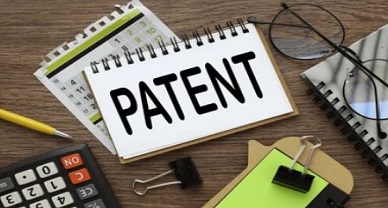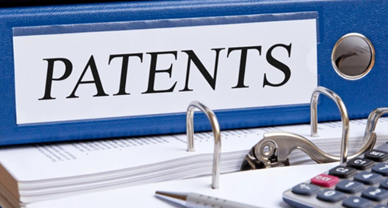Double Patenting: A Valid Ground of Refusal, Decides European Patent Office
With pharmaceutical industries amounting to businesses of millions and billions, the major protagonist of this sector is the patent that the company holds. It is the patent whose economic value helps the industry maximize its profits. Intellectual property works on the solid framework of giving the inventor or the corporation, the monopoly rights for their invention for a limited period, so that the inventor may recoup the cost of the invention. The IP regime sticks to the principle that the patent will be granted to one inventor for one invention that fulfills all the requirements. The double patenting concept means that the inventor gets the patent for two or more inventions for a single invention. This way the inventor might get benefited more than what he should be benefited of. There have been different trends in dealing with double patenting. Recently, European Patent Office (EPO) in recent case G 0004/19 rules over double patenting.
[Image Source: gettyimages]
What questions were referred to?
With an appeal case T 0318/14 which was issued in writing on 20 December 2019, few questions referred to the Enlarged Board of Appeal by the Board of Appeal were:
1. Can a European patent application be refused under Article 97(2) EPC if it claims the same subject matter as a European patent granted to the same applicant which does not form part of the state of the art pursuant to Article 54(2) and (3) EPC?
2.1 If the answer to the first question is yes, what are the conditions for such a refusal, and are different conditions to be applied where the European patent application under examination was filed
a) on the same date as, or
b) as a European divisional application (Article 76(1) EPC) in respect of, or
c) claiming the priority (Article 88 EPC) in respect of a European patent application on the basis of which a European patent was granted to the same applicant?
2.2 In particular, in the last of these cases, does an applicant have a legitimate interest in the grant of a patent on the (subsequent) European patent application in view of the fact that the filing date and not the priority date is the relevant date for calculating the term of the European patent under Article 63(1) EPC?
The decision
EPO delve into all these question and rules against the double patenting. It decides
- A European patent application can be refused under Articles 97(2) and 125 EPC if it claims the same subject matter as a European patent that has been granted to the same applicant and does not form part of the state of the art pursuant to Article 54(2) and (3) EPC.
2.1 The application can be refused on that legal basis, irrespective of whether it
a) was filed on the same date as, or
b) Is an earlier application or a divisional application (Article 76(1) EPC) in respect of, or
c) Claims the same priority (Article 88 EPC) as the European patent application leading to the European patent already granted.
2.2 In view of the answer to Question 2.1 a separate answer is not required.
The full judgment is available here.
There is no prohibition for double patenting in the EPC but this decision confirms that EPO can refuse an application where the claims correspond to the previously granted patent of the same applicant. Also, the decision observes that the applicant’s legitimate interest in obtaining two patents for the same subject matter is irrelevant. Meanwhile, the Enlarged Board of Appeal put few aspects under uncertainty such as what actually can be interpreted by “the same subject matter,” or rather “the same applicant.” In this way, can a double patenting objection also be avoided by putting a third party applying for the same application before the grant? These questions were left unanswered thereby giving substantial hope for further interpretation in the near future.
Author: Saransh Chaturvedi an associate at IP & Legal Filings, in case of any queries please contact/write back to us at support@ipandlegalfilings.com.




